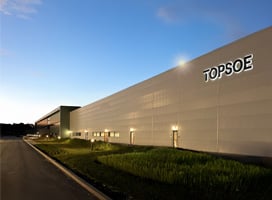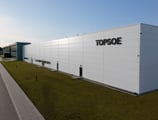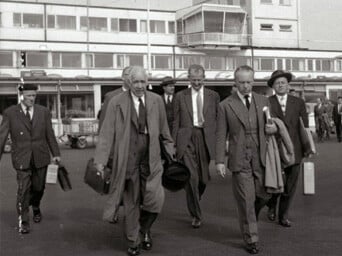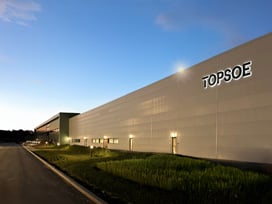A catalyst for low pass service where large amounts of SO3 is present
VK48 catalyst is a high vanadium version of the standard all-round VK38 catalyst.
The catalyst composition is specifically formulated for lower pass service, particularly where the process gas contains large amounts of SO3. The conversion ratio of SO2 affects the balance between the active vanadium species in the catalyst.
An optimized ratio of the alkali-metal promoters enables an increased vanadium content in VK48, resulting in a considerably enhanced activity. In high SO3 gas environments, such as the lower passes of single absorption plants, or the third pass of a 3:1 double absorption plant, VK48 offers a significant performance advantage.
12 mm Daisy
12 mm Daisy : improved energy efficiency throughout the operating cycle due to low initial pressure drop; 6 mm cylinder and 10 mm ring: ensure an even gas distribution in applications with low gas velocity converters.
.png)








![SAF Airplane runway[1]-1 1](https://www.topsoe.com/hs-fs/hubfs/SAF%20Airplane%20runway%5B1%5D-1%201.png?width=800&height=640&name=SAF%20Airplane%20runway%5B1%5D-1%201.png)



